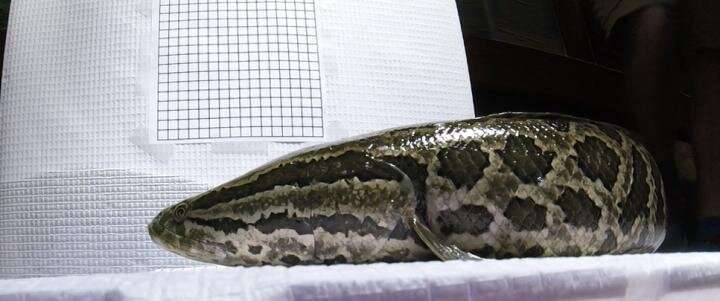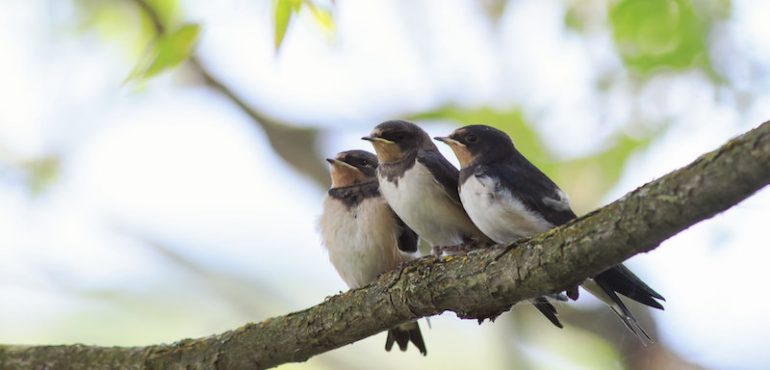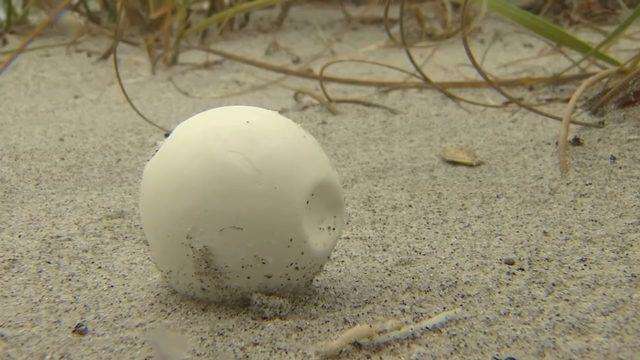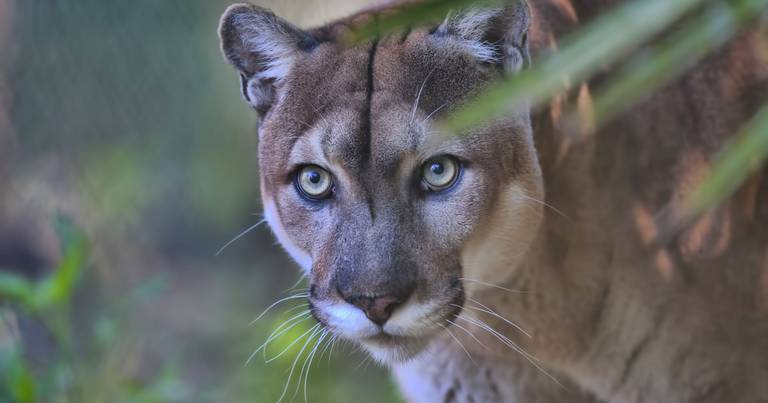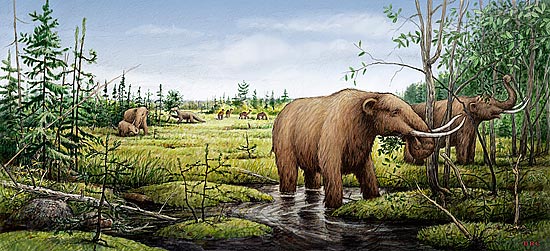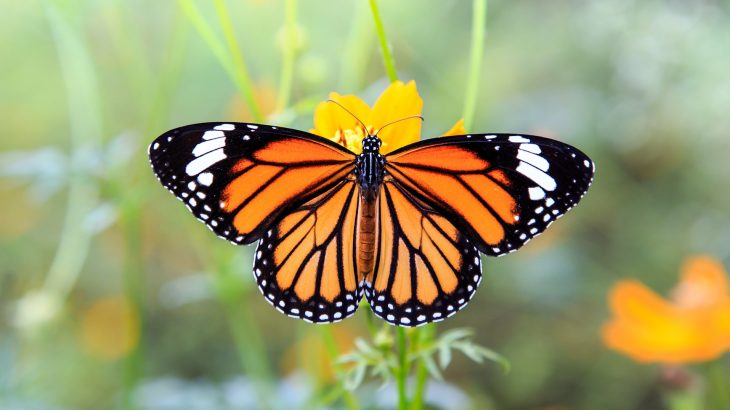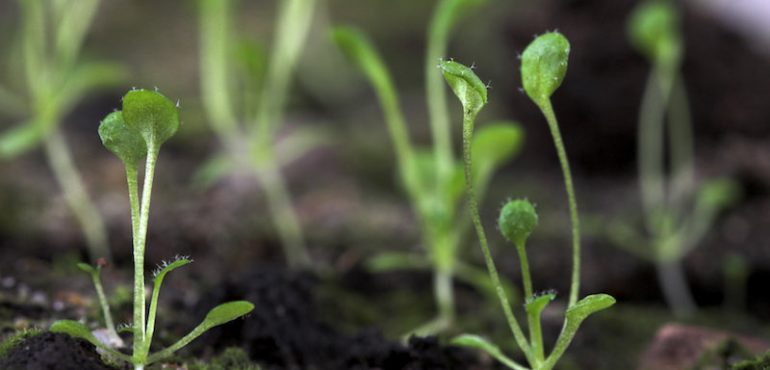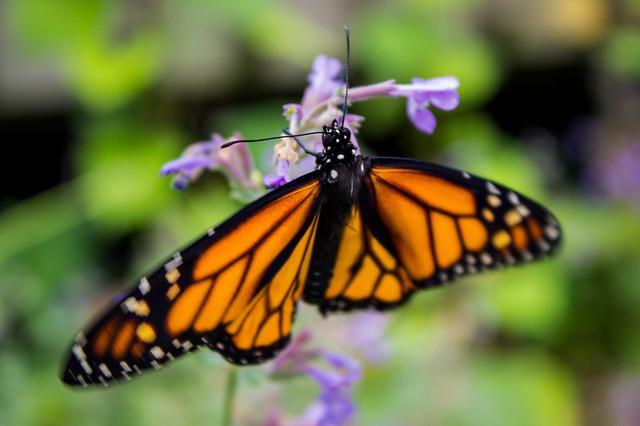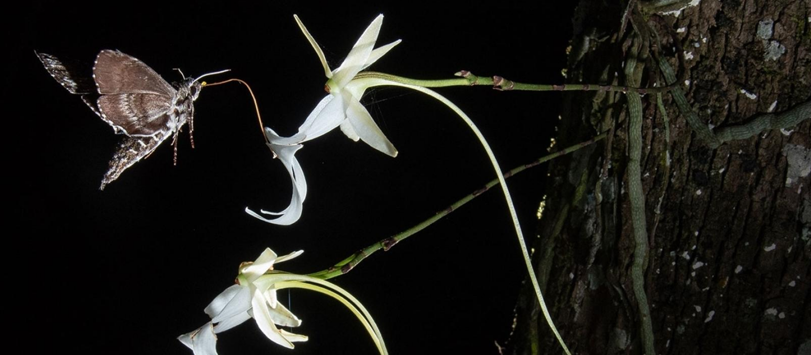The largest fish to walk on land, the voracious northern snakehead, will flee water that is too acidic, salty or high in carbon dioxide—important information for future management of this invasive species Snakeheads eat native species of fish, frogs and crayfish, destroying the food web in some habitats. They can survive on land for up to…
Read more
Poor water conditions drive invasive snakeheads onto land
